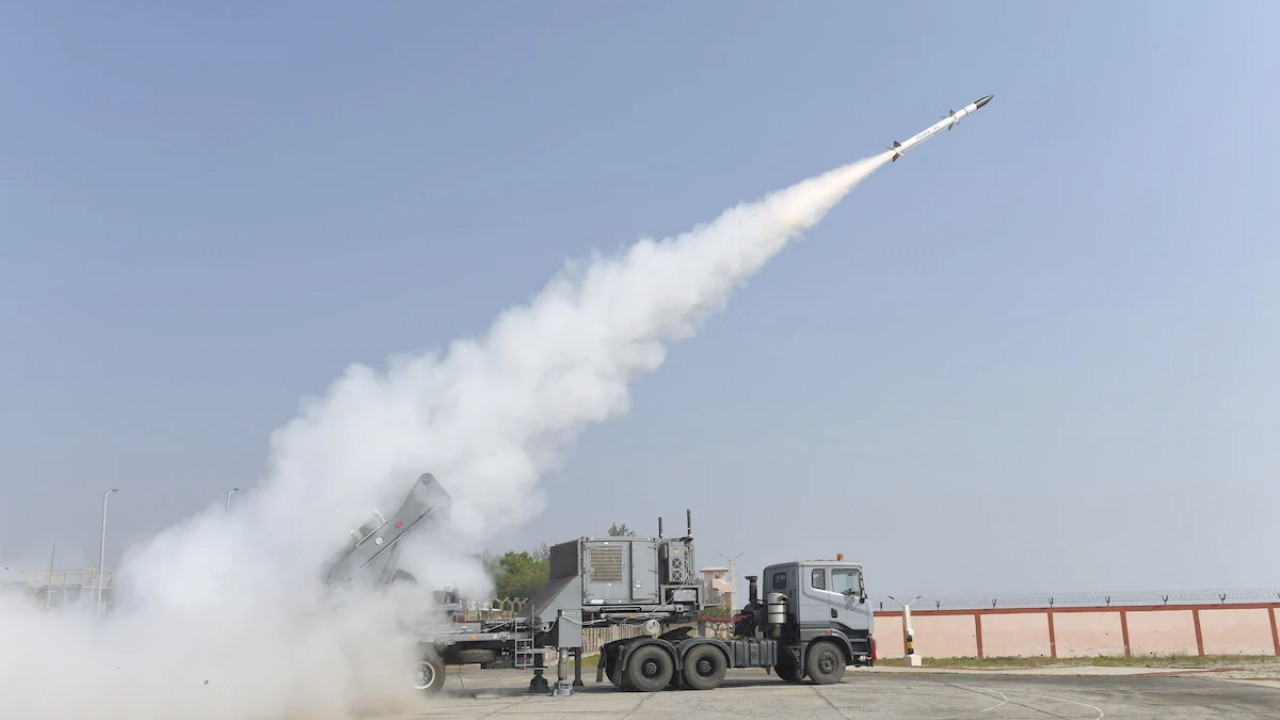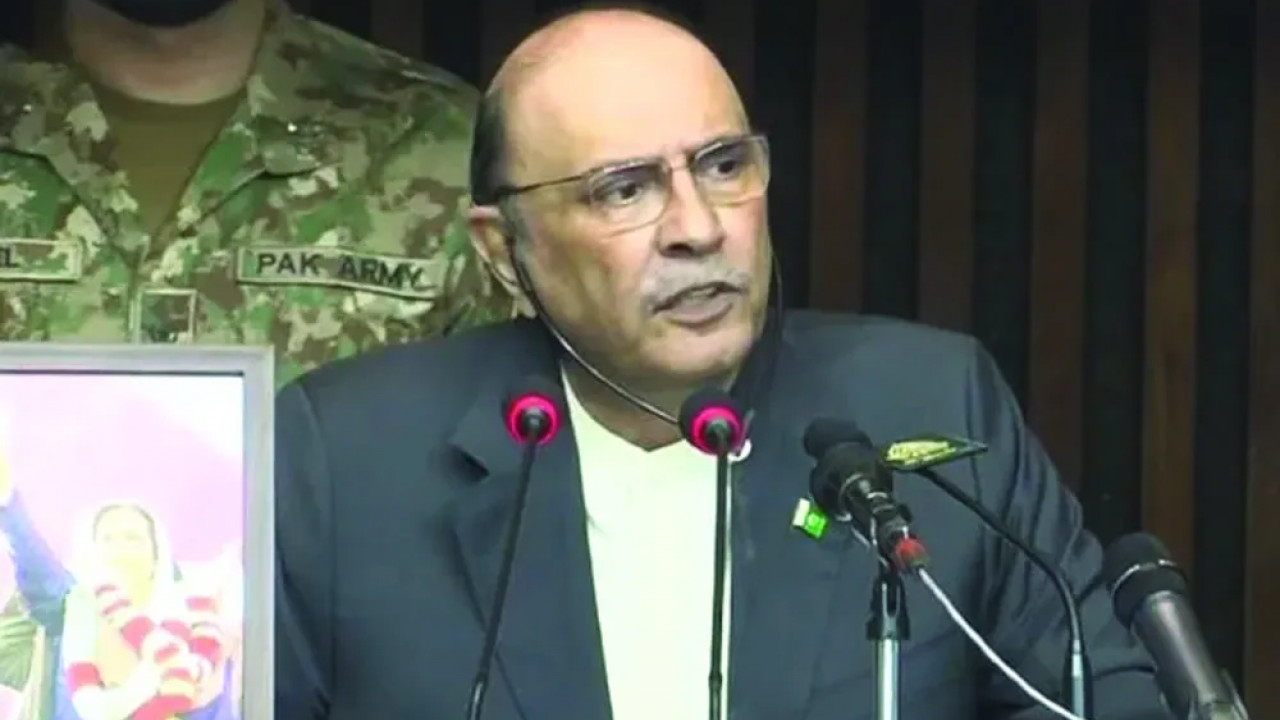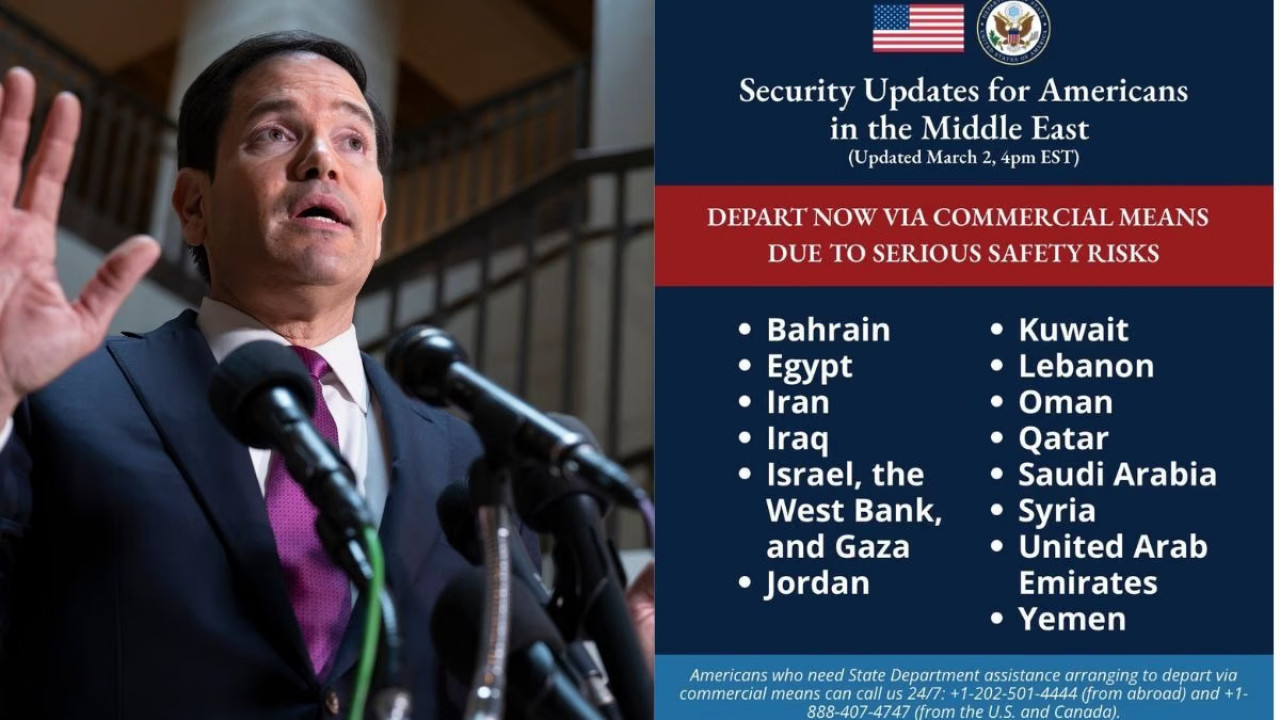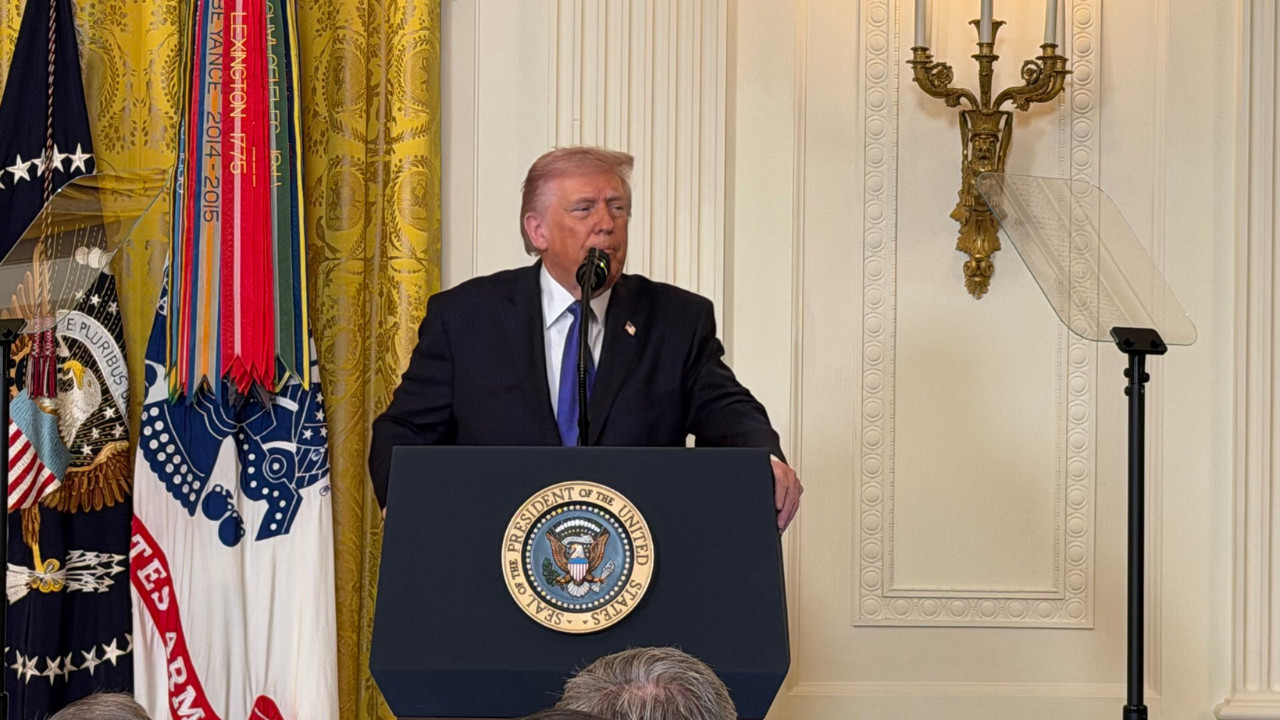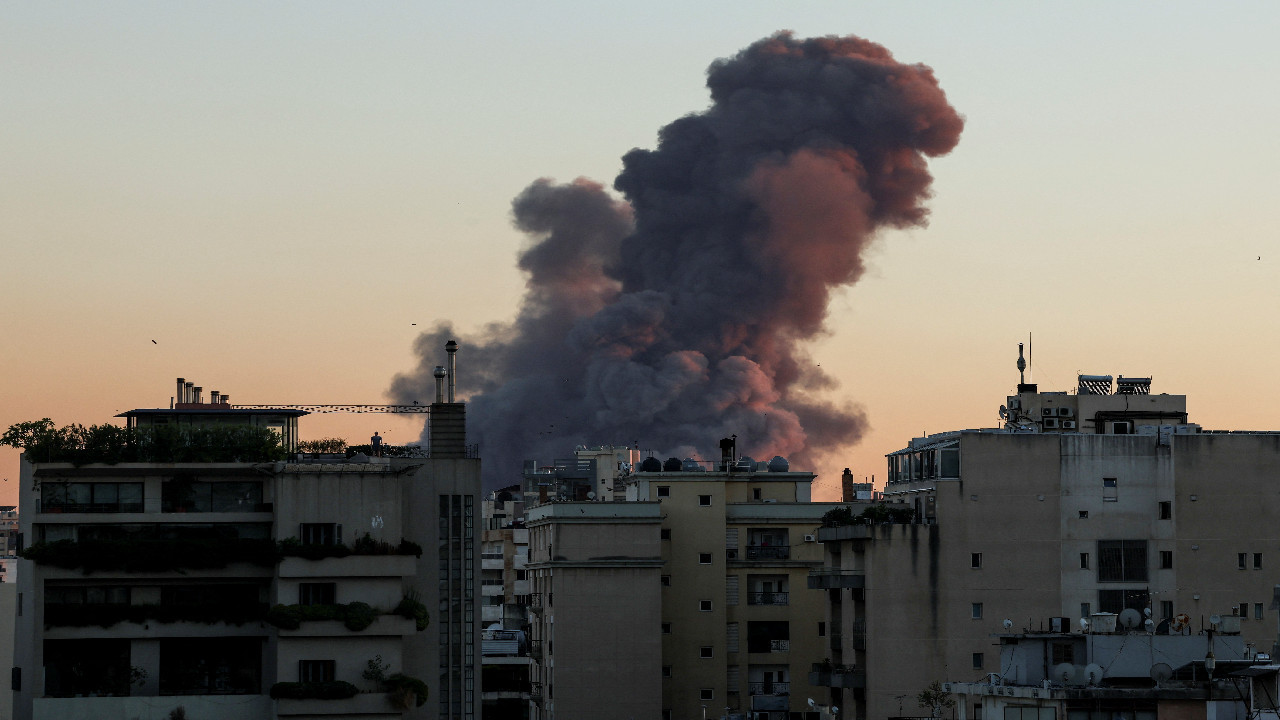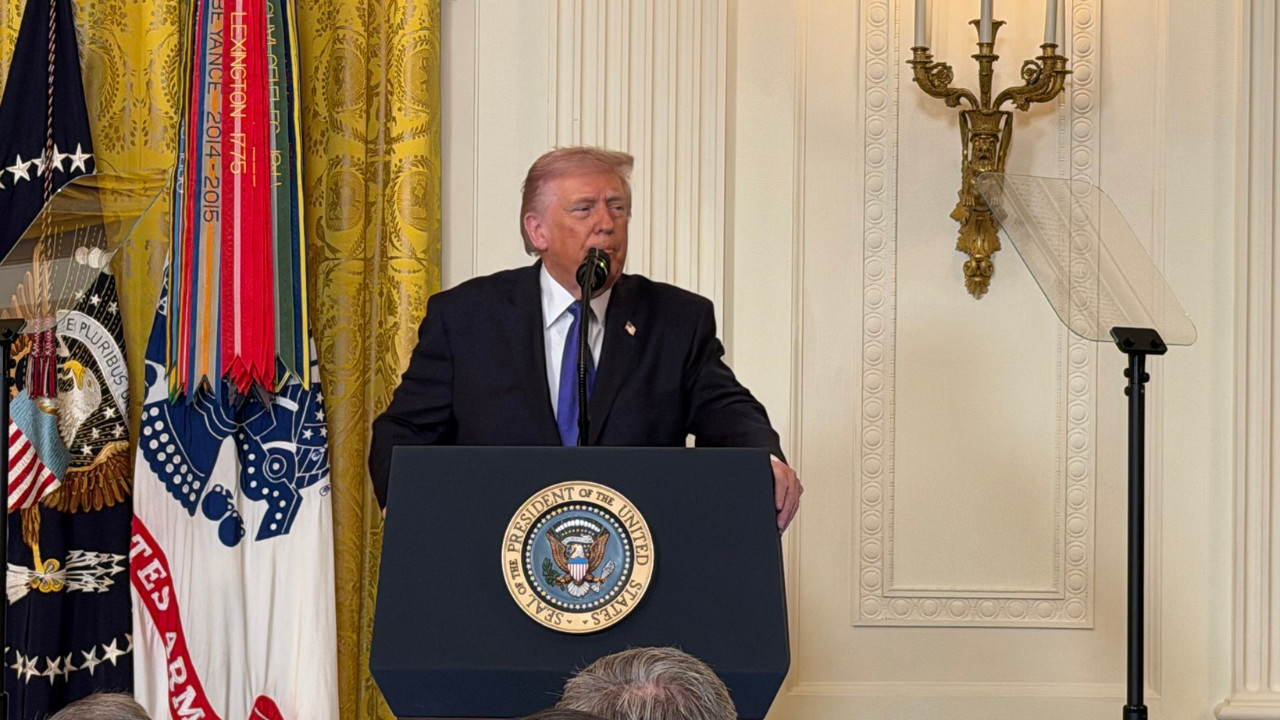International News: Pakistan's secret missile development has jolted global powers. According to U.S. intelligence, Islamabad is building an intercontinental ballistic missile (ICBM) capable of reaching American soil. If true, it could destabilize South Asia, challenge strategic balances, and redefine Pakistan's military doctrine. The stakes for India—and the world—are dangerously high.
Pakistan’s Covert Missile Expansion
U.S. intelligence agencies have uncovered efforts by Pakistan to develop an ICBM that can reach North America. This revelation comes amid increasing strategic collaboration between Islamabad and Beijing. The missile program, though unconfirmed publicly by Pakistan, is reportedly well into testing phases. Alarm bells are ringing across defense corridors.
Beyond Regional Deterrence Doctrine
Historically, Pakistan's nuclear posture was India-focused. But developing an ICBM implies a shift toward broader geopolitical ambitions. Experts suggest this may be Pakistan’s attempt to join the elite ICBM club. It's a signal to Washington, New Delhi, and others that Islamabad sees itself as a global military player.
China’s Quiet Support Suspected
Sources within the Pentagon suggest that China might be indirectly aiding Pakistan’s long-range missile aspirations. Satellite data hints at Chinese technological footprints in Pakistani test zones. If proven, it could trigger diplomatic fallout. Beijing has denied involvement, but regional intelligence believes otherwise.
India’s Defense Doctrine Under Review
Indian security agencies are reportedly revisiting their missile defense strategies. If Pakistan acquires ICBM capability, every Indian city becomes vulnerable. Sources say New Delhi may fast-track its own BMD (Ballistic Missile Defense) and MIRV (Multiple Independently targetable Reentry Vehicle) programs. Strategic stability in South Asia hangs in the balance.
Washington’s Growing Unease
U.S. defense officials have briefed the White House on the escalating threat. President Trump, while silent publicly, has asked the Pentagon for contingency plans. Analysts fear this could derail existing nuclear treaties. If Pakistan's capability is validated, Washington may reclassify it as a 'global nuclear threat.'
Nuclear Race Threatens Region
This development risks setting off a dangerous arms race in the Middle East and South Asia. Iran’s nuclear escalation, Israel’s defense posture, and now Pakistan’s ICBM moves could destabilize the region. Diplomatic voices are urging a new non-proliferation dialogue, but trust is at an all-time low.
ICBM Dreams, Global Consequences
Pakistan’s ICBM ambition—once unthinkable—is becoming plausible. The program reflects not just national pride but strategic recalibration. With regional insecurities soaring, global powers must decide: containment, confrontation, or compromise? The coming months may reshape nuclear diplomacy as we know it.



